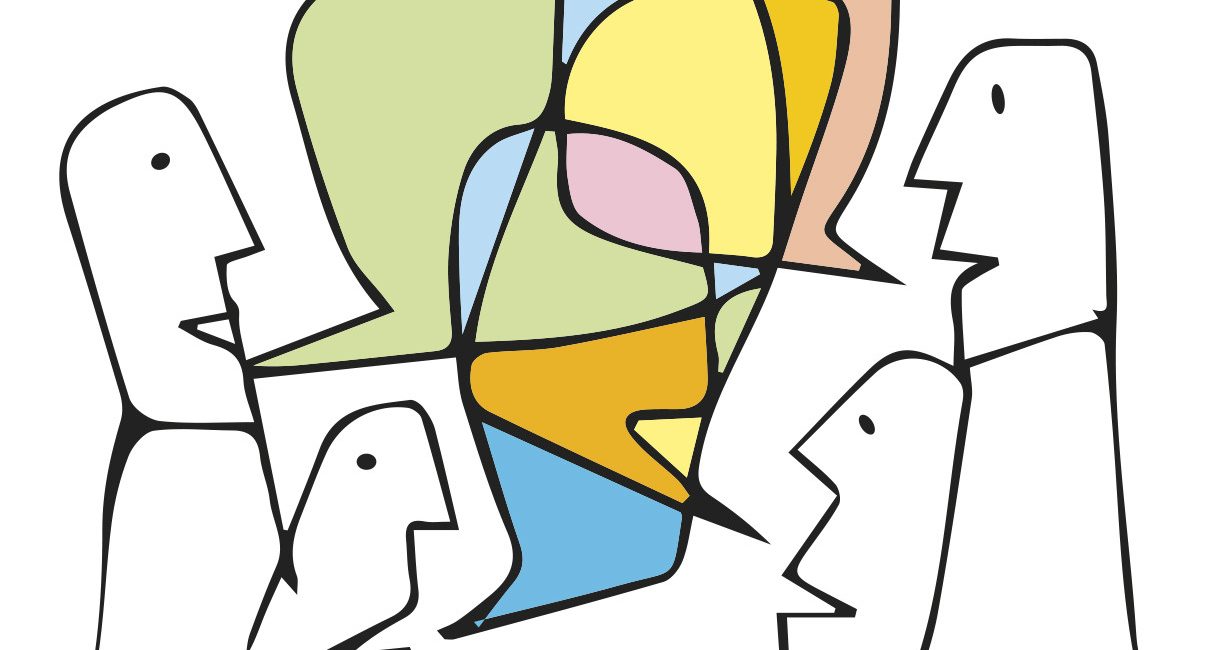

How do you deal with online shaming as an organization?
The pandemic has recently changed the mood on social media negatively. Discussions quickly run high, where it is no longer about the content, but mainly about mocking the other. A phenomenon also known as online shaming. It is currently a common means of trying to get others to adhere to corona measures.
The pandemic has recently changed the mood on social media negatively. Discussions quickly run high, where it is no longer about the content, but mainly about mocking the other. A phenomenon also known as online shaming. It is currently a common means of trying to get others to adhere to corona measures.
For example, by posting a photo online of a busy terrace or a party where people do not follow the rules. It can also be used as a means to find supporters for the fact that an organization applies rules that, for example, according to a group, are contrary to the constitution. The latter is mainly done by groups that do not believe in what the WHO says.
Maintaining the corona measures as an organization can therefore lead to heated discussions between (groups of) people who agree or disagree with them, and who seek support for their opinion via social media. How do you deal with this as an organization?
Research shows that contempt does not convince opponents. At most, it will lead to finding supporters within their own group. It is important that you as an organization:
1) take the complaint or claim seriously, but do not get involved in the online discussion;
2) take a look, review the nature of the general responses;
3) and personally contact the person(s) who are complaining.

